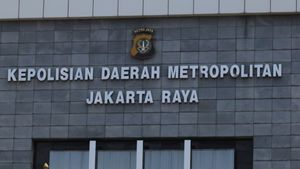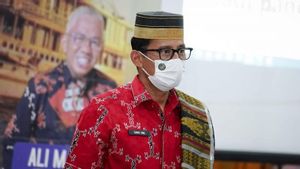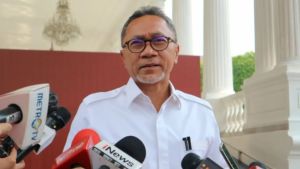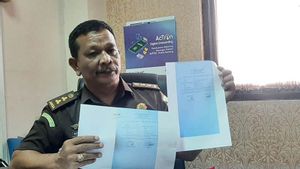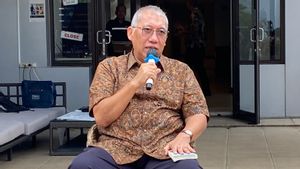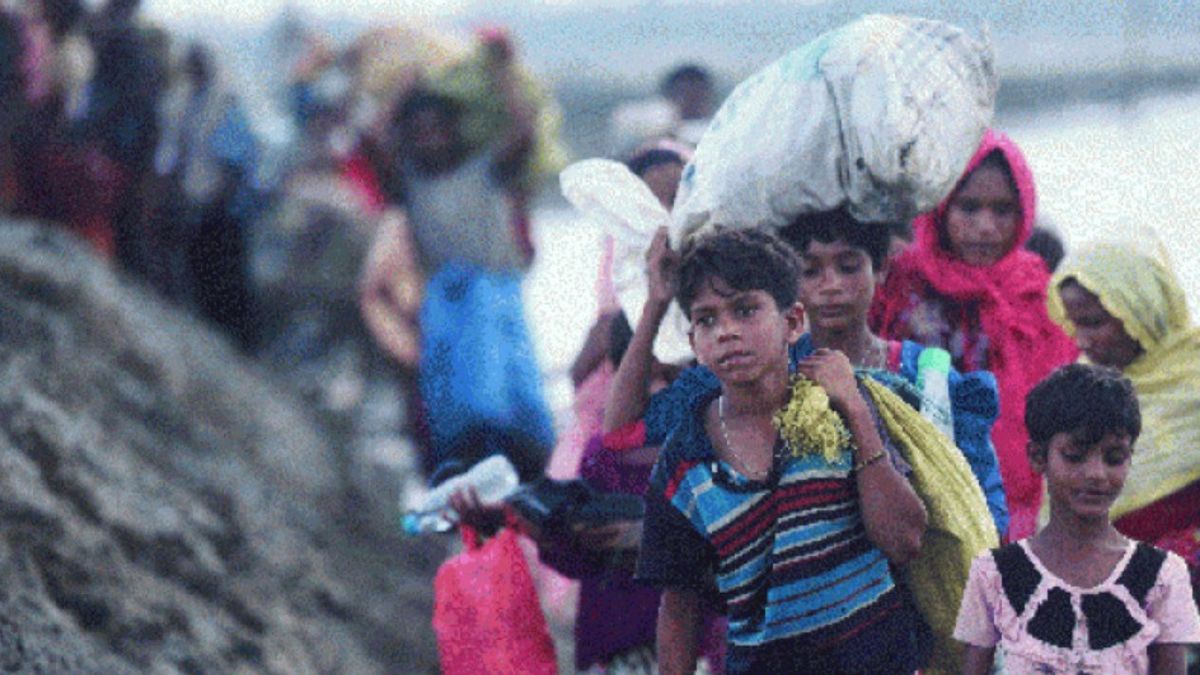
JAKARTA - Rohingya residents living in the western state of Rakhine in western Myanmar could not reach access to humanitarian aid and a safe place after Cyclone Mocha's storm hit the area. The reason is that their citizenship was revoked in 1982, said a human rights activist (HAM).
Nay San Lwin, a human rights activist and founder of the Rohingya Liberation Coalition, told Anadolu as reported by ANTARA, Thursday, June 1, about 130 thousand refugees were affected by the disaster in Myanmar. Not only that, a number of Rohingya residents were also declared missing due to the disaster.
The United Nations (UN) called the Rohingya "the world's most persecuted minority" after the storm claimed 400 people were killed and created massive damage.
"Without Myanmar citizenship, they are similar to paralyzed patients. Rohingya residents in Myanmar will never get the same opportunity as other tribes in Myanmar because they do not have citizenship," said Lwin.
Lwin said the military was trying to get rid of Myanmar's Rohingya residents of more than one million Rohingya refugees displaced in Bangladesh.
"The junta has no intention of returning either Rohingya citizenship or protecting the basic human rights," added Lwin.
According to him, Rohingya residents are waiting for humanitarian assistance, but they don't know for sure when the aid will reach them.
While accusing the junta of deliberately leaving the death toll at the time of the disaster, he emphasized that if the junta allowed the evacuation of Rohingya residents the day before the storm, the death toll would be small.
The Myanmar junta only ordered Rohiya residents to leave their camps hours before the storm hit and that too without providing a means of transportation or a safe place, he said.
SEE ALSO:
"90 percent of refugee camps were destroyed. Hundreds of Rohingya residents were killed, and many were missing. The challenges were enormous. They desperately needed humanitarian assistance, but the junta did not provide access to international organizations to reach affected areas," said Lwin.
He emphasized that all Rohingya residents living in the capital Rakhine, Sittwe, were affected by the storm. They have been in camps since 2012.
"These camps are similar to concentration camps. Rohingya residents are not allowed to leave the camp," he said. In fact, they had lived in the camps for 11 years.
"The sun does not want to show sympathy. The Rohingya will not be allowed to return to their place of origin which they were forced to leave in 2012," he added.
Lwin urged the international community to act.
In 2017, hundreds of thousands of Rohingya fled Myanmar to avoid Myanmar's brutal military action against the Muslim minority in the northern part of the country.
Already 1.2 million Rohingya residents fled to Bangladesh to live in the world's largest refugee camp in Cox Bazaar.
The English, Chinese, Japanese, Arabic, and French versions are automatically generated by the AI. So there may still be inaccuracies in translating, please always see Indonesian as our main language. (system supported by DigitalSiber.id)


